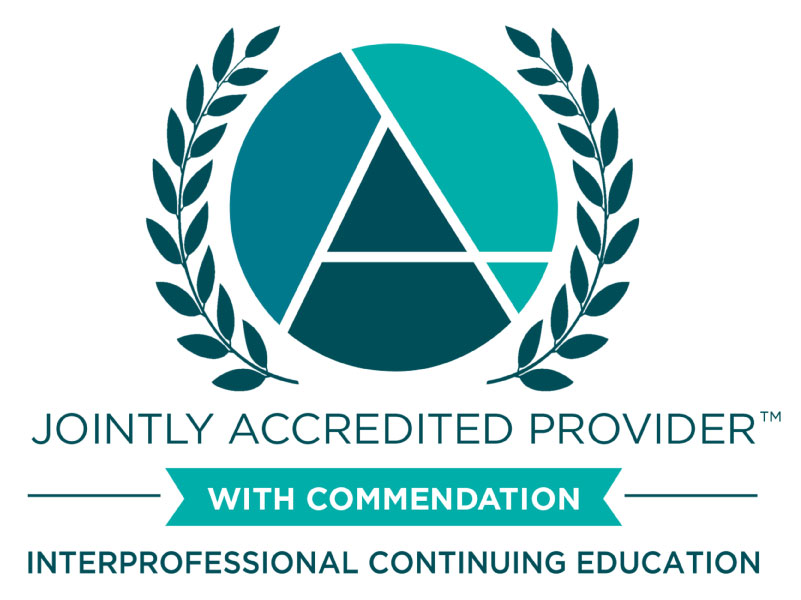MSACL 2025Montr?al Sept 21-26 |
Details
2025
Description
MSACL 2025
15th Annual Conference & Exhibits
Bonaventure Hotel Conference Center
Montréal, CANADA
September 21 - 26, 2025
This live activity has been approved for AMA PRA Category 1 Credit™.

Call for ...
Mission
MSACL's mission is to support the community in translating pre-clinical research to clinical patient care.
Conference Focus
MSACL is focused on providing a forum of interaction for participants in all stages of the development, advancement and use of analytical tools, including data analytics, in the clinic to improve patient care. Although the group primarily focuses on mass spectrometry, presentations and discussion on other platforms are welcome.
Location Overview
The Bonaventure Hotel is located in the heart of downtown Montréal on the 10th floor of Place Bonaventure building. The hotel has 397 guest rooms, their own internal meeting space (just a short escalator ride down from the hotel lobby), two restaurants and a bar. The hotel also features lush gardens, a rooftop outdoor heated pool (open year round), and offers panoramic views of the city, making it a distinctive and iconic location in Montréal.
We will be using the Bonaventure's St-Laurent room as the MSACL Exhibit Hall (20,140 square feet). There will be space for at 40+ booths interspersed with up to 162 posters.
The Scientific Sessions will be held in the Salle de Balle de Montréal (Montréal Ballroom).
There were 562 attendees for MSACL 2024. We are expecting about 600-700 for MSACL 2025 with a greater representation from the East Coast and Europe given this is the first time the conference will be held outside of California.
COVID-19 Information
MSACL is committed to holding a successful in-person MSACL 2025 meeting. MSACL's priority is always the health and well-being of our community. We will be working closely with the the Hotel Bonaventure and vendor partners to implement any COVID-19 safety protocols, should they arise. Please note that these protocols are subject to change on a daily, or even hourly, basis.
Personal Accountability Commitment
By attending MSACL events you agree to abide by and engage in conduct that is beneficial to health and safety while at the event.
Educational Grants
MSACL invests heavily in education via the MSACL Educational Grants, which support conference attendance:
- Young Investigator Grants: Young investigators, in the first four years of their academic position, who submit an abstract which is accepted for presentation (poster/podium) at the annual conference. Applicants must submit a short application.
- Lab Director Grants: Lab Directors interested in learning more about what mass spectrometry is and how it could potentially improve results and reduce costs in their clinical laboratory are not required to submit an abstract, but must submit a short application.
- Trainee Grants: Lab Directors-to-be interested in learning more about what mass spectrometry is and how it could potentially improve results and reduce costs in their clinical laboratory are not required to submit an abstract, but must submit a short application.
Scientific Program
A list of the topics being solicited for the current conference is below.
Abstract Submission Categories for MSACL 2025
- Artificial Intelligence
- Assays Leveraging Technology
- Breath Analysis and VOC
- Cases in Clinical Analysis
- Cases of Unmet Clinical Needs
- Data Analytics
- Emerging Technologies
- Environmental Sustainability
- Glycomics
- Identifying High Value Tests
- Informatics
- Lipidomics
- Metabolomics
- Microbiology
- Multi-omics
- Pre-Analytics
- Precision Medicine
- Proteomics
- Spatialomics
- Spatialomics : Automation and AI
- Spatialomics : Pathology and Biomarkers
- Spatialomics : Procedure and Validation
- Spatialomics : Single Cell
- Tox / TDM / Endocrine
- Various OTHER
Target Audience
The target audience for this program includes pathologists, clinical laboratory directors and scientists, mass spectrometry and automated sample processing users and providers, as well as laboratory diagnostic providers.
This program will be beneficial to healthcare administrators, laboratory quality control and standards scientists, as well as those responsible for implementation of clinical analyses for emergency response due to terrorism or accident.
Needs Assessment
With the advancement of technologies for clinical analysis, there exists a gap between those who understand the technology and those who do not. Without continual education, this gap will grow and these advancements are unlikely to be effectively incorporated into the clinical analysis workflow, resulting in lost opportunities to improve patient outcomes and reduce healthcare costs.
MSACL provides an environment through which participants will be able to identify opportunities to develop the capacity to provide higher quality results, more rapidly and for lower overall cost, for patients within the healthcare system.



